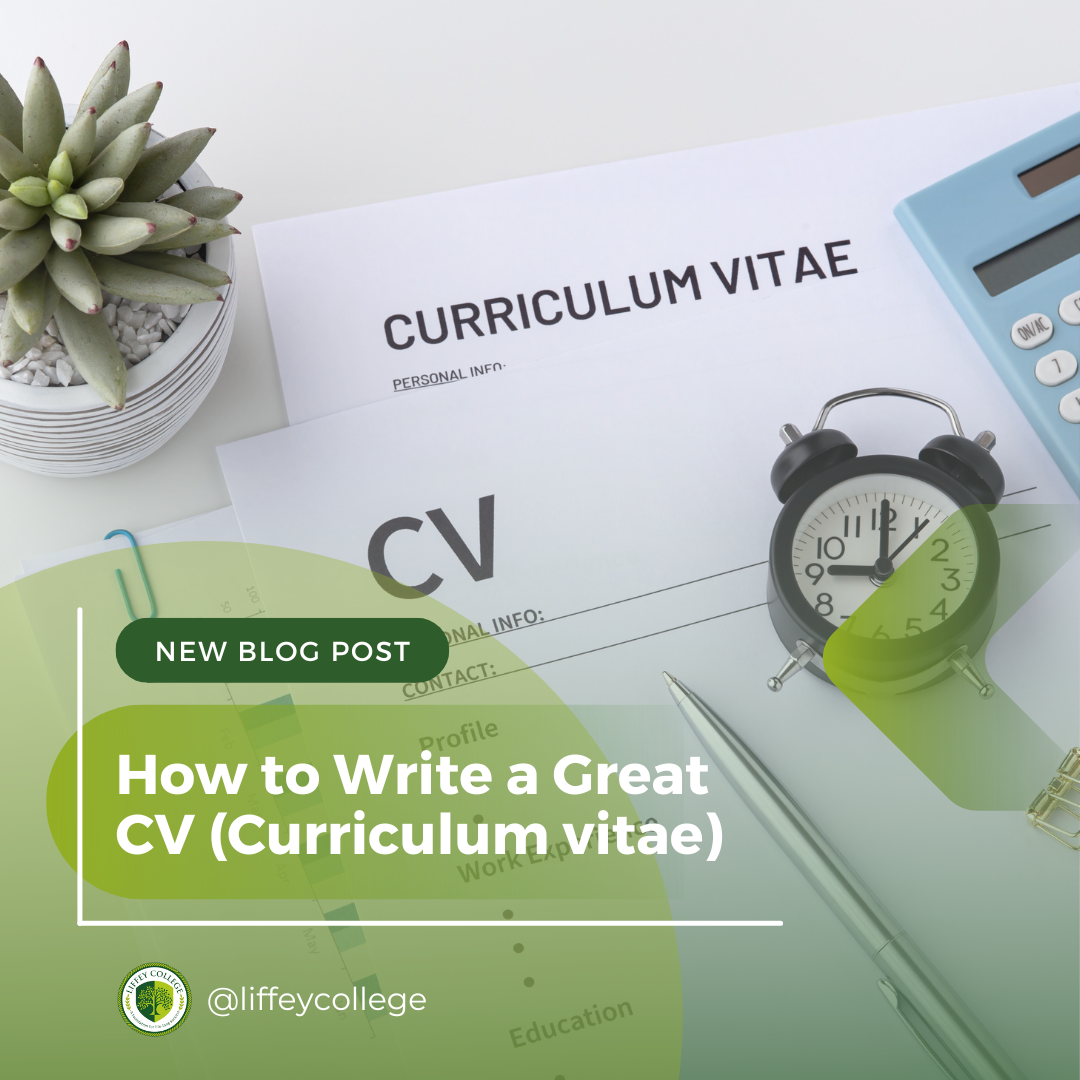Where do you start?
When starting a new job in an English-speaking country, whether in your own country or overseas, you will almost definitely be requested to present a CV. We’ll look at how to construct an effective one in this article, but first, what precisely is a CV?
It’s vital to note that we’re not writing a whole biography, but rather a summary of the most important and relevant parts, with the typical CV in the UK being no more than three pages.
What to include in your CV:
- Personal Information: This should come first and should include your entire name as well as contact information such as your email, phone number, and location. If you have a LinkedIn profile or a personal website, you can link to it here.
- Personal Description: It is critical to begin your CV with a brief profile that highlights your qualifications, experience, and goals. Positive language, particularly adjectives, is highly advantageous here, and it should be limited to two or three sentences.
- Professional Experience: Because the primary goal of a CV is to find a new job, it is critical that you include a list of any relevant experience you have had, whether as an employee, freelancer, or even as an intern or apprentice. These should be mentioned in chronological order, with the most recent experience at the top, and each one should include the title of the position held, dates of employment, a brief summary of the key responsibilities performed, and any personal achievements.
- Education: In addition to your professional experience, you will be asked to provide your educational history, beginning with your most recent certification and working back to secondary school.
- Languages: Any other languages spoken and the level of ability in each are essential components of any CV these days. Including official certification of these is also a significant plus for any potential employer.
- Other Training and Activities: This is an optional but advantageous area in which you can highlight any additional academic or professional achievements or qualifications relevant to the position you are applying for.
- IT Skills: With technical expertise becoming increasingly vital, including your level of competence in any technological programs would be an added bonus.
- Interests: A final optional component would be a brief explanation of your personal interests, if applicable to the job description’s soft skills and relevant to the job for which you are seeking.
- References: Finally, your CV should include two to three professional or academic references who can attest to your abilities and traits. You must enter their full name, email address, and phone number for each one.
Contact Liffey College today to learn more about our English language courses in Dublin.
#Englishforeveryone

 Learner
Learner Tutor
Tutor  Agent
Agent 
